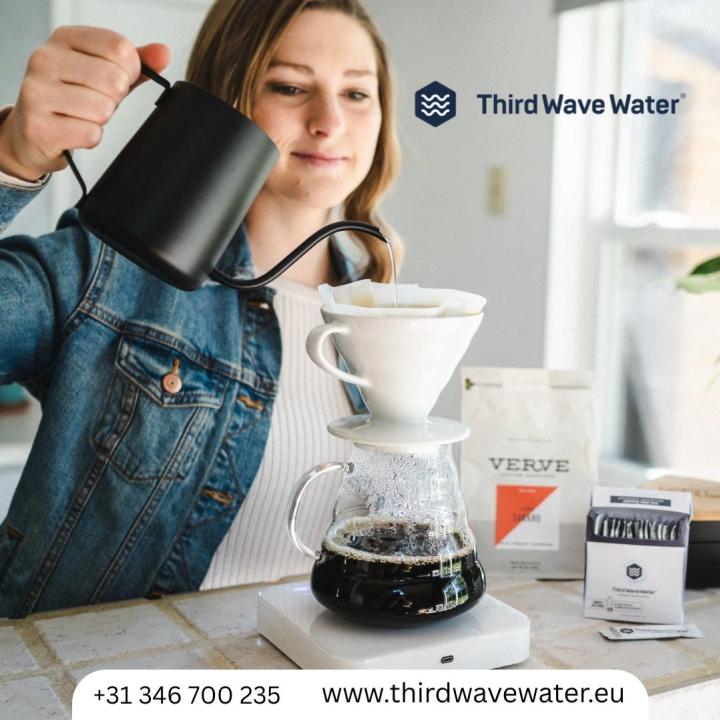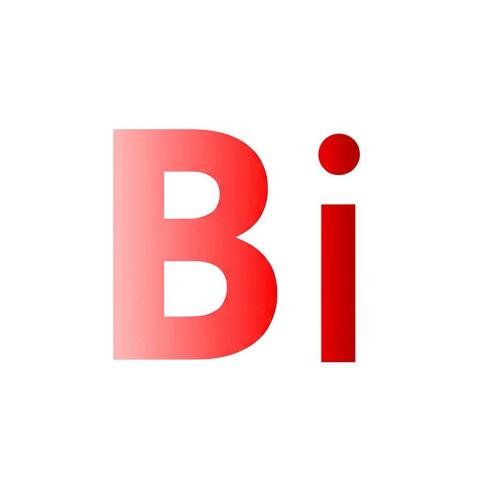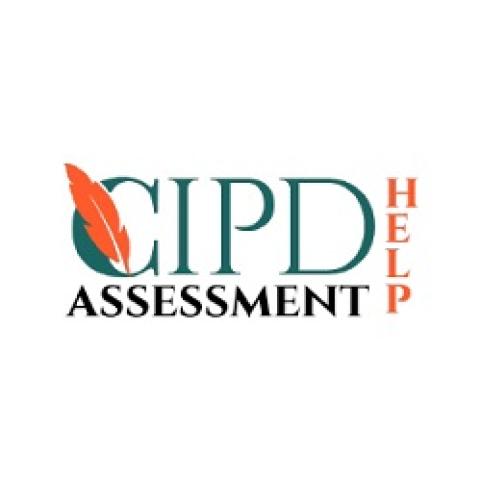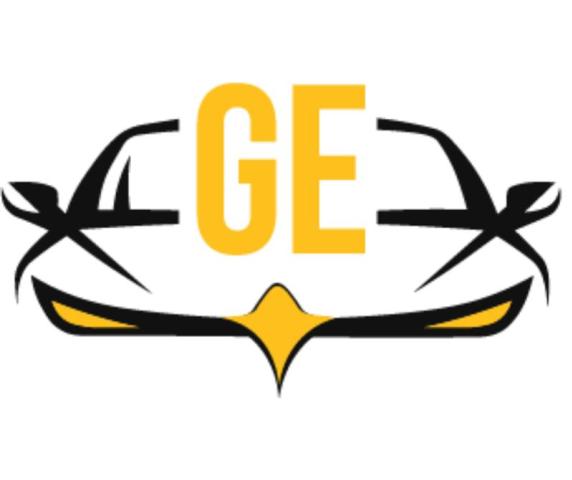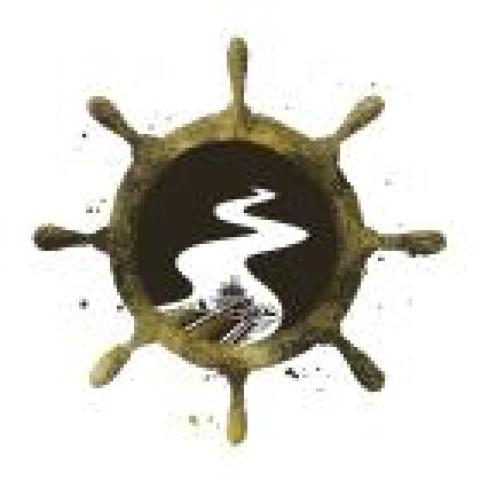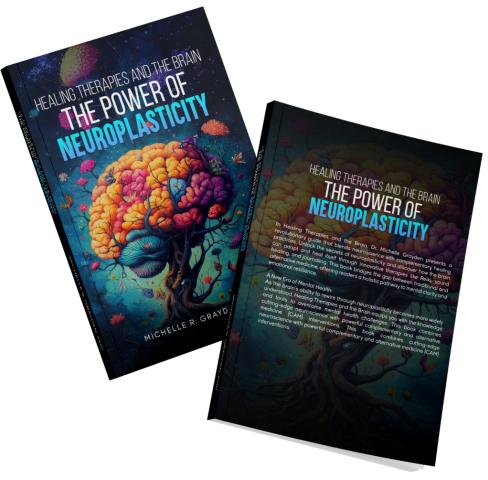If you're chasing the perfect espresso shot, you're probably already fine-tuning your grind size, beans, and machine. But there’s one crucial element that often gets overlooked—the water. That’s right. Your espresso is over 90% water, so using the right kind of water can make or break your brew.
Let’s dive into everything you need to know about espresso water, why coffee water matters, and how enhancers like Third Wave Water Espresso can elevate your cup to café-level greatness.
Why Water Quality Matters for Coffee
Water isn’t just a vehicle to extract flavor—it’s a partner in the brewing process. The coffee water enhancer (like calcium and magnesium) interact with the coffee grounds and extract different flavor compounds. Too much or too little of these minerals can result in bitter, flat, or sour espresso.
What Is the Best Water for Espresso Machines?
The best water for espresso machines strikes a balance between being clean and mineral-rich—enough to enhance flavor but not damage your equipment.
Ideal Water Specs (according to the Specialty Coffee Association):
Total Dissolved Solids (TDS): 75–250 ppm
Calcium Hardness: 50–175 ppm
Alkalinity: 40–70 ppm
pH Level: 6.5–7.5
Tap Water vs. Bottled Water vs. Filtered Water
Tap Water: Quality varies greatly. Often contains chlorine and excess minerals that affect taste and damage espresso machines.
Bottled Water: Some brands work well (look for spring water with moderate mineral content), but it can be inconsistent and costly.
Filtered Water: One of the best options if you use a system that targets chlorine and excessive hardness.
Coffee Water Enhancers – What Are They?
Enter the world of coffee water enhancers—formulas designed to help you create water that’s perfectly balanced for coffee. These enhancers, often sold in powder or liquid form, allow you to start with distilled or reverse osmosis water and add just the right amount of minerals.
What Is Third Wave Water (Espresso Profile)?
Third Wave Water is a game-changer. It's a pre-measured mineral packet that you mix with a gallon of distilled water. They offer different formulas for various brewing methods, including the Espresso Profile, designed specifically for espresso machines.
Benefits of Third Wave Water Espresso:
Consistent taste, every shot
Prevents scale buildup in your machine
SCA-approved mineral balance
Easy to use at home or in a café
FAQs
Q: Can I use distilled water in my espresso machine?
A: Not by itself. Distilled water lacks minerals necessary for extraction and can even damage some machines. Use a coffee water enhancer like Third Wave Water.
Q: Is hard water bad for espresso machines?
A: Yes. Hard water leads to scale buildup which can ruin your machine and affect espresso taste.
Q: Can filtered water be enough?
A: Yes, if your filter removes chlorine and reduces hardness without eliminating all minerals. Check the specs or test your water to be sure.
Q: Do I need different water for pour-over vs. espresso?
A: Ideally, yes. Espresso benefits from slightly different mineral content. Third Wave Water offers different formulas for this reason.
Conclusion
Water may be the invisible ingredient in your espresso, but it plays a powerful role in flavor and machine longevity. Whether you’re dialing in your shot at home or running a busy café, investing in the right water for coffee—especially with tools like Third Wave Water Espresso—will take your brews from decent to divine.
Don’t let bad water sabotage your perfect shot. Your taste buds (and your machine) will thank you.
